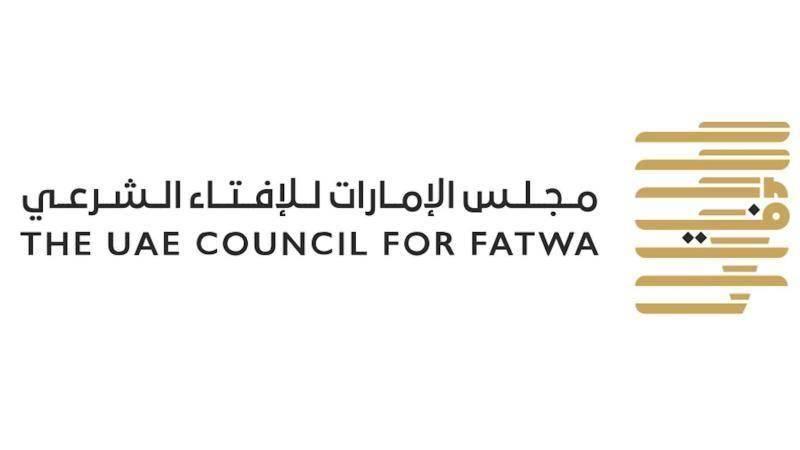Dans le cadre de sa compétence légale en tant qu’unique autorité habilitée à émettre des fatwas islamiques générales aux Émirats arabes unis, et en accomplissement de son rôle d’organisation des affaires de fatwa et d’unification de leur référence religieuse afin de servir l’intérêt de la société et promouvoir la facilité et la modération, le Conseil des Fatwas des Émirats, en coopération avec l’Autorité générale des affaires islamiques, des dotations et de la zakat, a fixé le seuil (nisab) de la zakat sur les dattes pour l’année 2025 à 541 kilogrammes.
La zakat sur les dattes est une obligation unanimement reconnue si la récolte totale atteint le nisab et elle est due au moment de la récolte ; comme indiqué dans le Coran : « Et c’est Lui qui a créé des jardins, treillissés et non treillissés, des palmiers, des cultures aux fruits variés, des olives et des grenades, semblables et dissemblables. Mangez de leurs fruits quand ils fructifient, et acquittez-en le droit le jour de la récolte. » (Coran 6:141)
Le nisab est calculé sur les dattes sèches, pas avant le séchage, et la zakat sur les dattes doit être distribuée aux huit catégories mentionnées par Allah dans le Coran : « Les aumônes ne sont destinées qu’aux pauvres, aux indigents, aux employés chargés de la collecte, à ceux dont les cœurs sont à réconcilier, à l’affranchissement des esclaves, aux endettés, à la cause d’Allah et au voyageur en détresse, un devoir imposé par Allah. » (Coran 9:60)
Le conseil a précisé le taux de zakat à verser lorsque le nisab est atteint, expliquant que les palmiers irrigués par une source d’eau sans coût pour le propriétaire doivent payer une zakat d’un dixième (10%) de la récolte, tandis que ceux irrigués avec un coût doivent payer la moitié, soit un vingtième (5%). Ceci est basé sur le hadith d’Ibn Umar, qu’Allah soit satisfait de lui, qui a rapporté que le Prophète ﷺ a dit : « Ce qui est irrigué par la pluie, les sources ou les eaux de crue est un dixième, et ce qui est irrigué par un puits est la moitié d’un dixième. »
Le conseil a également indiqué que la zakat sur les dattes peut être donnée en nature ou en valeur monétaire, que la zakat sur les dattes fraîches n’est pas valable, mais si les dattes fraîches sont vendues, la zakat peut être donnée sur leur valeur selon de nombreux savants. Le conseil a aussi autorisé le paiement de la zakat sur les dattes en espèces.
Le propriétaire de la ferme calcule la zakat sur la récolte restante après séchage et tri uniquement, sans inclure ce qu’il a consommé ou distribué en cadeaux avant la récolte. C’est l’avis de nombreux savants, et la zakat n’est pas obligatoire sur ce que le propriétaire consomme, offre ou donne en aumône sauf si cela dépasse un tiers de la récolte, pour alléger la charge sur le consommateur et offrir une certaine tolérance.
Le conseil a appelé les propriétaires de fermes à respecter les lois et règlements régissant le paiement de la zakat sur les dattes et à se conformer au seuil fixé par le Conseil des Fatwas des Émirats.
Le conseil a souligné l’importance de payer la zakat via les organismes officiels autorisés dans le pays. Les payeurs de zakat peuvent bénéficier des services de l’Autorité générale des affaires islamiques, des dotations et de la zakat pour le calcul et la manière de payer la zakat sur les dattes.













Recommended for you
طالب الرفاعى يؤرخ لتراث الفن الكويتى فى "دوخى.. تقاسيم الصَبا"
مدينة المعارض تنجز نحو 80% من استعداداتها لانطلاق معرض دمشق الدولي
تقديم طلبات القبول الموحد الثلاثاء و640 طالبا سيتم قبولهم في الطب
البريد المصري: لدينا أكثر من 10 ملايين عميل في حساب التوفير.. ونوفر عوائد يومية وشهرية وسنوية
سمو الشيخ عيسى بن سلمان بن حمد آل خليفة يستقبل سفير الولايات المتحدة الأمريكية لدى مملكة البحرين
الجغبير: القطاع الصناعي يقود النمو الاقتصادي